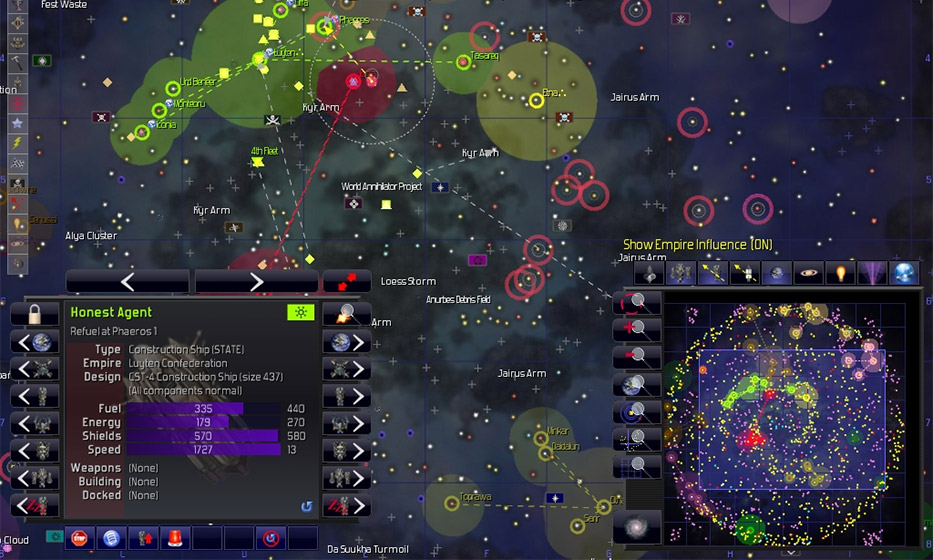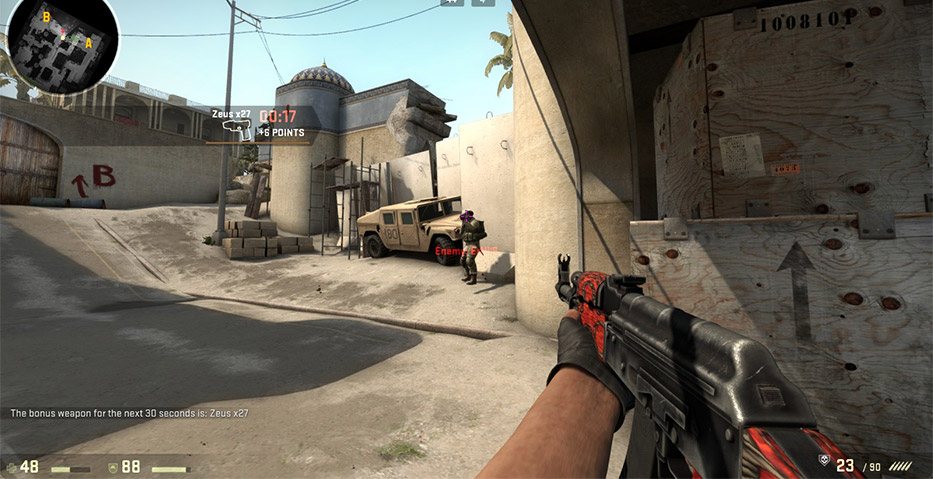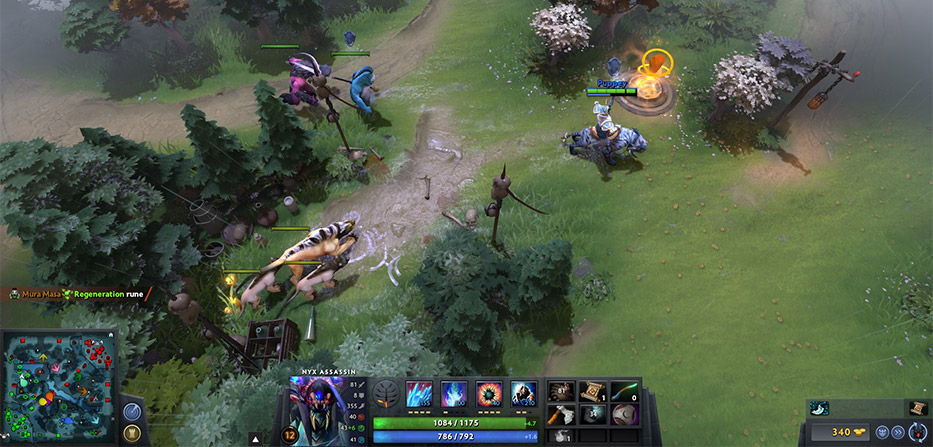Do you ever wonder why fantastic games don’t always get their due reward? How despite beautiful graphics, rich content and hours of play they never get the limelight? It all comes down to a little something some call Bushnell’s Law. The idea that a game should be “easy to learn, but hard to master” and it is an important element in a game’s success. It isn’t the one true rule or anything like that. There are plenty of games that don’t go by this formula and are still fantastic but generally speaking the biggest hits adhere to this law. When I think of the biggest hits of the last ten years I find that most of them are rather simple to understand and get started playing.
Difficult Games Have A Tough Time Winning New Players

This is how complicated 4x games can actually get.
Photo Credit: http://1.bp.blogspot.com/-QU2DXdgftVE/UcOeLKT4tTI/AAAAAAAAEbo/eu7Fxz_xWE0/s1600/2013-06-18_215032.jpg
Personally, I am a fan of 4x Games. I love having a new experience every playthrough and not quite knowing what will happen next. The variety of different styles that I can use each playthrough keeps me interested. Praise aside, there is a problem with 4x Games. They’re really hard to understand. They have a lot of possibly unnecessary detail and interactions that can be overwhelming. If you pulled a random person off of the street and sat them down to play, chances are they’d give up in under five minutes. 4x Games target the niche community willing to sink a lot of time into learning them. It’s obvious to me 4X Games doesn’t reach its full potential, they’re too intimidating.
Easy Games Are Inviting
Think about some of the most popular gaming genres at the moment. MOBAs, Shooters and RPGs probably spring to mind. Both have the advantage of being rather self-explanatory. Everyone knows what a gun is for naturally, it is a killing tool <insert political comment here>. Even if you have never touched a computer before you can get the hang of a shooter pretty quick. Just a few keybinds and a basic understanding of the environment and you’re away. No one needs to tell you a headshot is better than one to the body, just as no one needs to tell you to pick up ammo. It is all part of our an innate understanding.
It’s also really obvious when you fail. Your character laying on the ground spewing red pixels leaves no room for doubt. It’s an important part of game design to let players know when they are going wrong. It helps them learn quickly and adapt. If players don’t fail they can’t improve and they’ll end up leaving the game feeling unsatisfied.

One might argue what to do next is pretty intuitive.
Photo Credit: https://steamuserimages-a.akamaihd.net/ugc/3314957870785265748/AE6F524888195C5169A4837720AC0037075CCD32/
RPGs Are Still Easy Especially With Familiarity
On the surface, the RPG genre may seem a lot more difficult to understand. Yet when broken down they really just add up to a handful of skills and an objective to get stronger and thusly earn better stats. It might not be as simple as a shooter where you just need to point at the bad guy and pull the trigger, but anyone can pick it up. Think of a Pokemon game, you don’t need to understand STAB attacks, or even have a great understanding of strategy. You can brute force most fights by just levelling yourself up above your enemy. You also immediately understand the basic typings and their strengths and weaknesses unless it is something abstract like Dragon and Fairy. Just follow the main quest and you really won’t hit any major roadblocks except the occasional Snorlax.
Once again a player can easily tell where they are failing. They look down at the HP and MP bars as they dwindle and know exactly where they are falling short. Whether it be MP management or more practice side stepping AoEs there’s always something to be improved. Like I said, easy to learn, difficult to master.
MOBAs And Rapid Player Skill Growth

Photo Credit: https://www.notebookcheck.net/fileadmin/Notebooks/News/_nc3/Dota_2_benchmark/20170205212031_1.jpg
MOBAs are undeniably a bit harder to learn than the average RPG. Yet, we see them dominating the market with such titles as Dota, Smite, League of Legends. This genre encapsulates the concept of “easy to learn hard to master” by putting you against other players. You aren’t just understanding game mechanics but also trying to outwit a real life player. In most PvP settings the goal is self-explanatory as are your skills and attacks. It is only through the mastery of these skills will you be able to dominate other players.
MOBA type games force players to adapt and grow very quickly. This gives us all a sense of progress and accomplishment that is simply tasty. In a MOBA you are always learning, especially from the people who defeat you. You’ll have your butt handed to you 100 times before you’ll even stop considering yourself a newb, but that is all part of the fun. Your constant deaths propel you forward in your growth as a player and that is addicting.
The main thing to remember about popular games is they are empowering. Players want to be able to walk into a game without reading a manual and have the opportunity to become a master. A difficult game can be as rewarding but requires far more work without reward at the start. An easy game is always going to attract more people and please more but showering pleasantries down on players.









